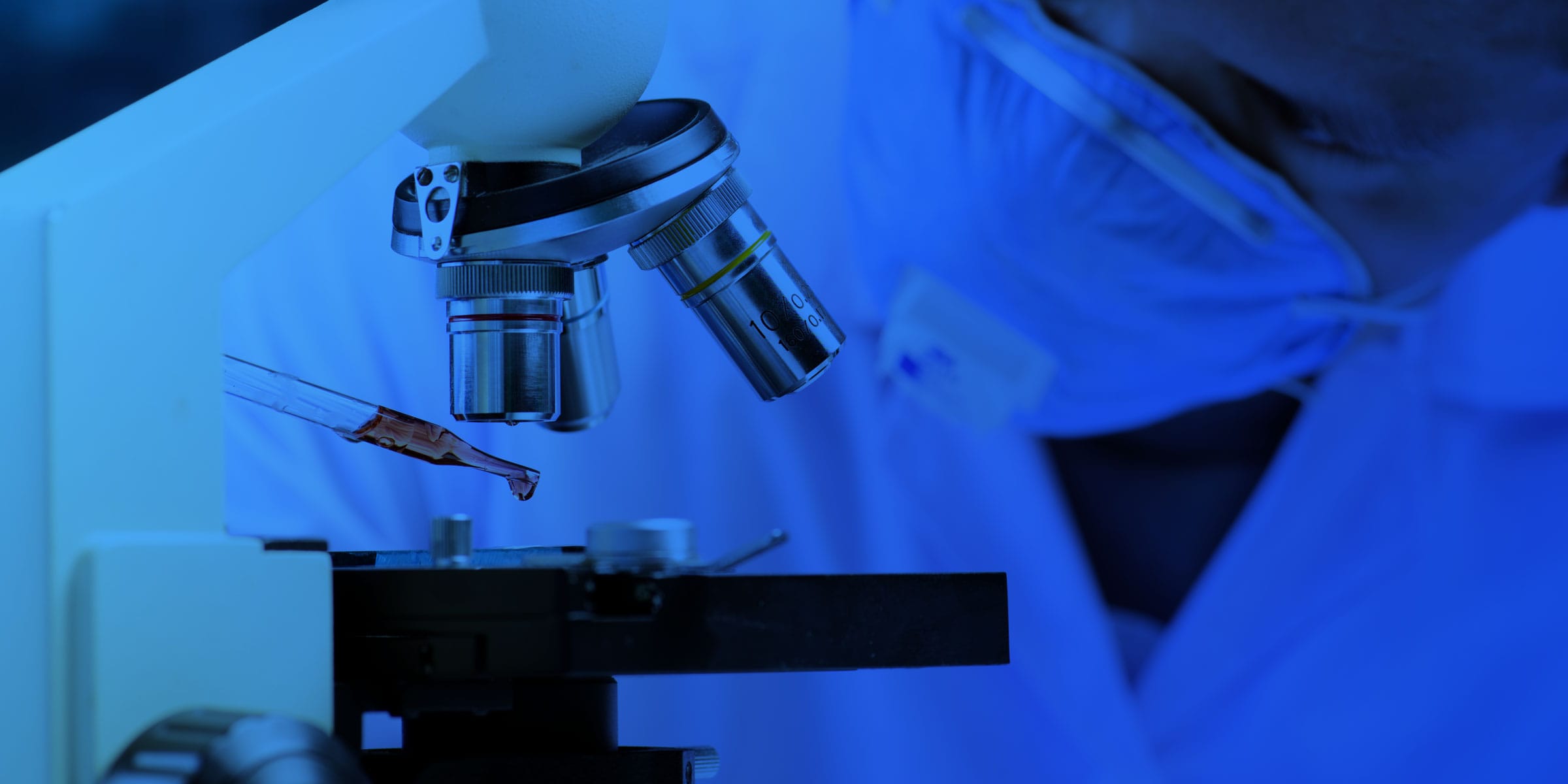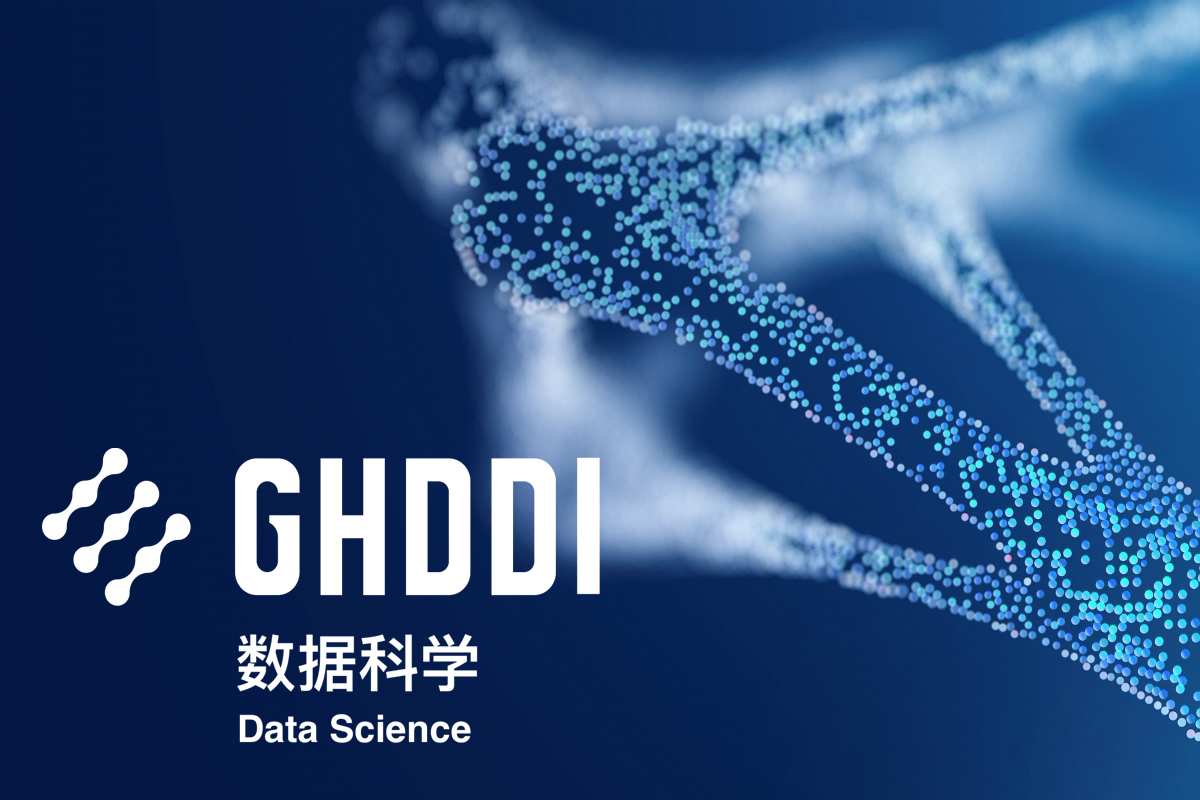
Our Research
At GHDDI, we focus on translational research – from the bench to the bedside. Our scientists conduct great science and develop new technology to accelerate drug discovery for diseases that impact global population, such as COVID-19, tuberculosis, malaria etc. With diverse pipelines constructed, GHDDI have already achieved great number of breakthroughs.
RESEARCH PLATFORMS
GHDDI has successfully established an industry-leading standardized matrix system that acts as a cornerstone for the development of new small molecule drugs, with a sharp focus on multiple disease areas in the realm of biology. This state-of-the-art system is powered by medicinal chemistry, drug metabolism and pharmacokinetics (DMPK), animal laboratory, protein science and structural biology, high-throughput screening, and data science. These cutting-edge platforms play a pivotal role in drug discovery, offering unmatched precision and efficiency.




